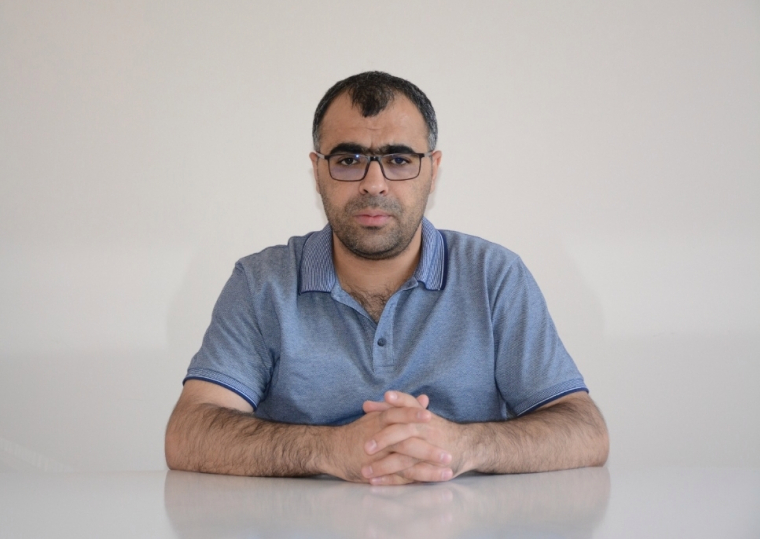The Europe branch of Article 19, a London-based international organization defending free expression worldwide, has called for the charges against a journalist who is standing trial under a controversial media law to be dismissed, in an expert opinion sent to Turkey’s top appeals court.
Journalist Sinan Aygül, editor-in-chief of Bitlis News and head of the Bitlis Journalists Association, was detained and kept in pre-trial detention for eight days in late 2022 for allegedly spreading “disinformation” regarding a child abuse case in the predominantly Kurdish province of Bitlis in eastern Turkey.
He was the first journalist to be arrested and tried for “spreading disinformation” after tweeting about alleged sexual abuse that he later corrected and for which he apologized.
At the end of this trial in February 2023, Aygül was found guilty and sentenced to 10 months in prison. In its decision the court found that Aygül’s tweet constituted “disinformation” and was capable of “disrupting public peace.” The court also highlighted Aygül’s sizable online audience and the fact that the allegations of sexual abuse made it to the public debate in Turkey.
The case is now pending at the Supreme Court of Appeals.
In its expert opinion submitted to the Supreme Court of Appeals, Article 19 argued that as a party to the International Covenant on Civil and Political Rights and the European Convention on Human Rights, Turkey must ensure that any restrictions on the right freedom of expression are provided in law, pursue a legitimate aim and be necessary in a democratic society.
“The prosecution of Aygül does not meet these requirements,” said the rights group, adding that the law’s definition of what constitutes disinformation is vague and subjective.
The name of the rights group refers to Article 19 of the Universal Declaration of Human Rights guaranteeing the right to freedom of opinion and expression.
“The prosecution of Aygül is a disproportionate restriction on his right to freedom of expression. Although the state can restrict freedom of expression on certain grounds, such as to protect public order or privacy, the threshold of such restrictions is high. Restrictions must be based on evidence of harm, rather than premised on speculation,” said Article 19, asking the top appeals court to quash the guilty verdict and fully acquit the journalist.
The group also called on the Turkish government to repeal the controversial media law, or Article 217/A of the Turkish Penal Code, under which Aygül was tried, saying it is incompatible with international standards of free expression.
The law, which criminalizes the dissemination of “false or misleading information” and stipulates prison sentences of between one and three years, was approved in parliament in October 2022. It attracted widespread criticism from rights groups and the opposition on accusations it will further cripple free speech in Turkey.
